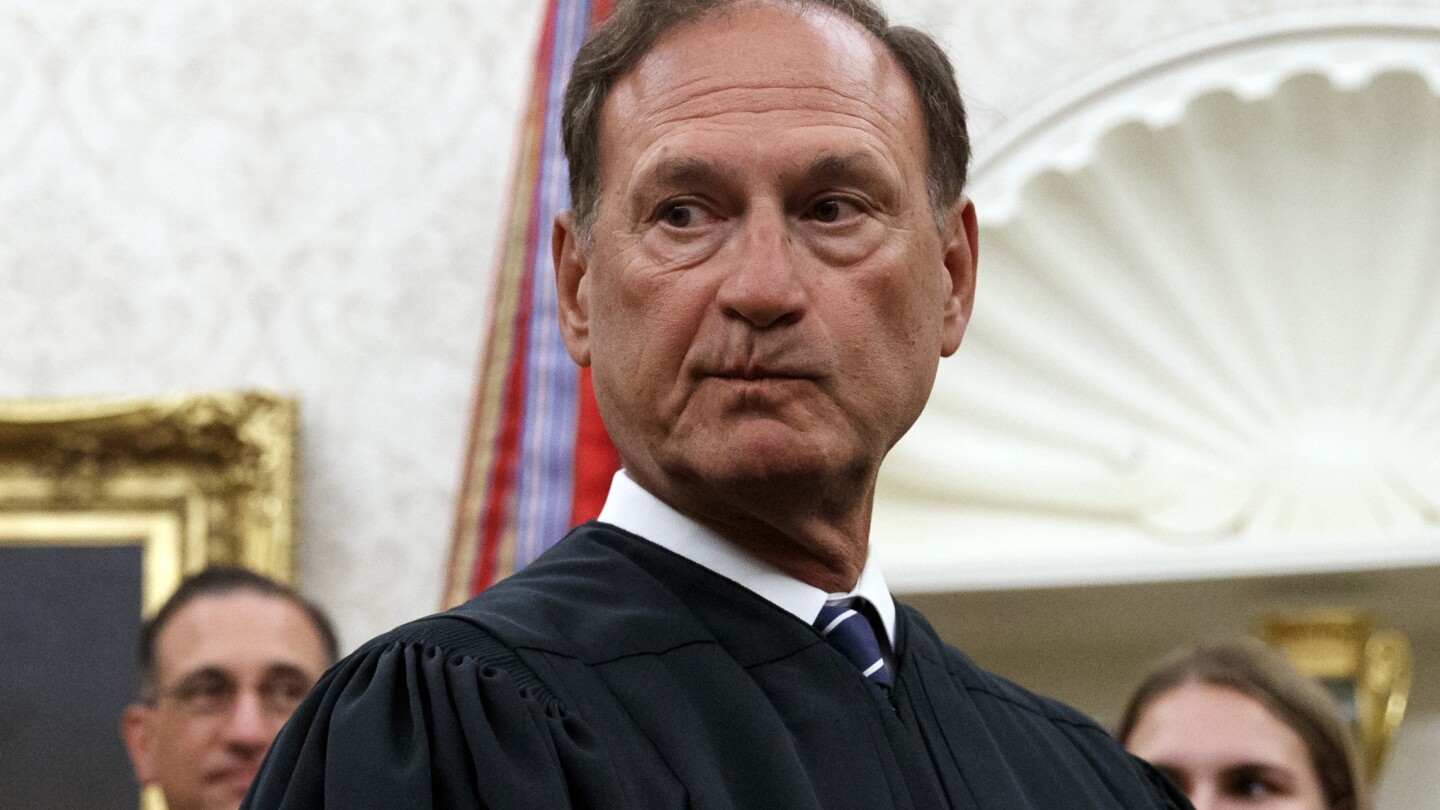Nine days after The New York Times reported about the political symbolism of an upside-down American flag that flew at U.S. Supreme Court Justice Samuel Alito’s home, the Washington Post acknowledged it had the same story more than three years ago and decided not to publish it.
The Post’s story was both an extraordinary example of journalistic introspection and an illustration of how coverage of the Supreme Court has changed since the incident itself, shortly after the Jan. 6, 2021, Capitol insurrection.
That day, some of the demonstrators who marched in support of former President Donald Trump carried the upside-down flag. Both newspapers reported that the same symbol was displayed outside of Alito’s home in Fairfax County, Virginia, before President Joe Biden’s inauguration.
Alito has said that his wife, Martha-Ann Alito, raised the flag as part of a dispute with neighbors who had placed “personally insulting” yard signs directed at them. Judges traditionally avoid partisan symbols to maintain the appearance of neutrality in political disputes that may come before them.
For journalists, it raises a question: Should a public official’s family be held to the same standards as that official themselves?



Bullshit. It raises the question: Should a Supreme Court Justice be believed unconditionally when he offers an excuse for what really looks like inappropriate bias? The discovery that another flag associated with the January 6 attack flew in front of Alito’s beach house has shown that the NYT was correct not to accept his story about his wife. I’m honestly surprised by the discussion of how a judge’s family is expected to behave - it’s as if a dead body was found in Alito’s house, he said that he had no idea how it got there, and the press started talking about whether or not he had a responsibility to monitor access to his property more closely.